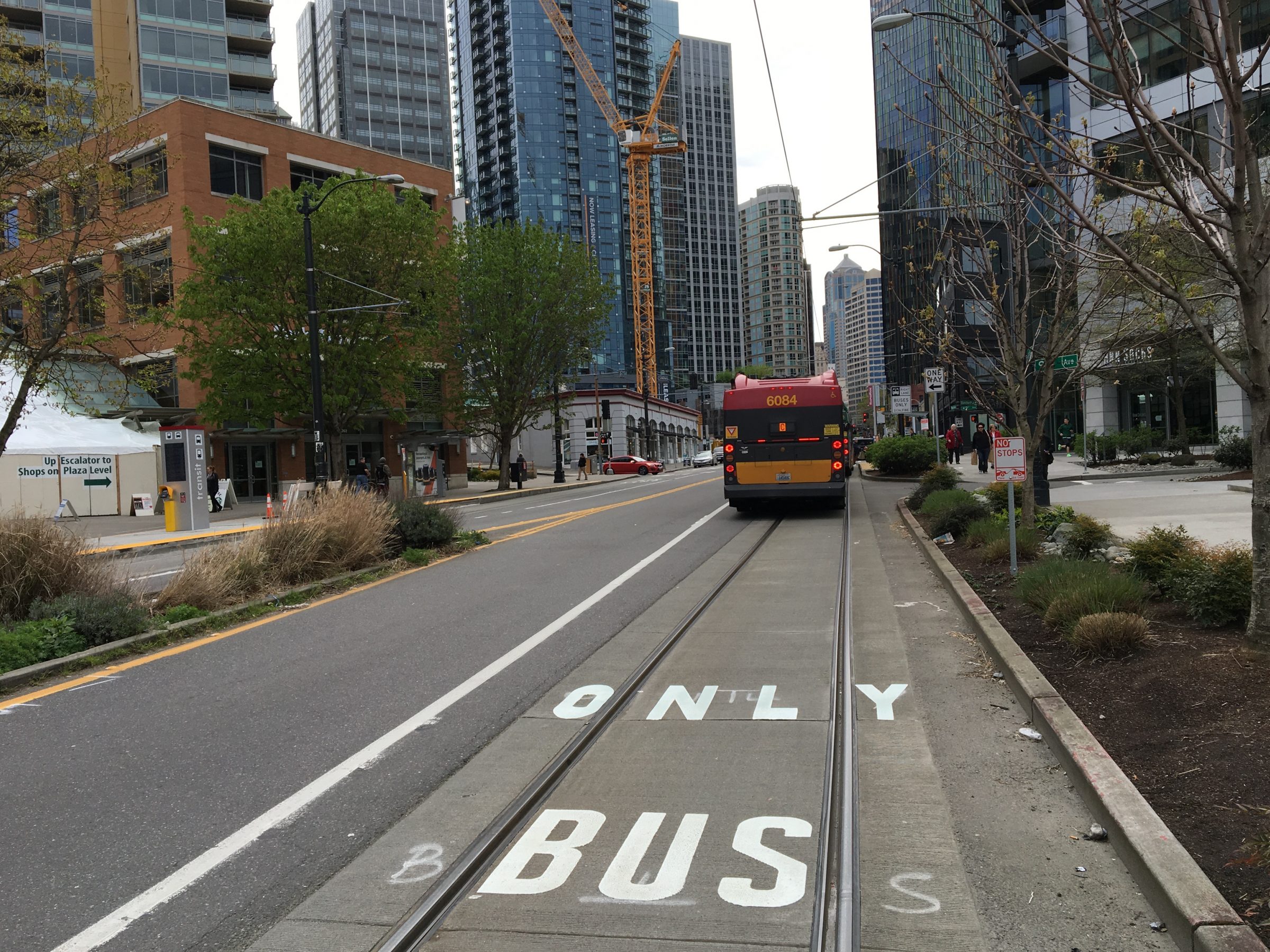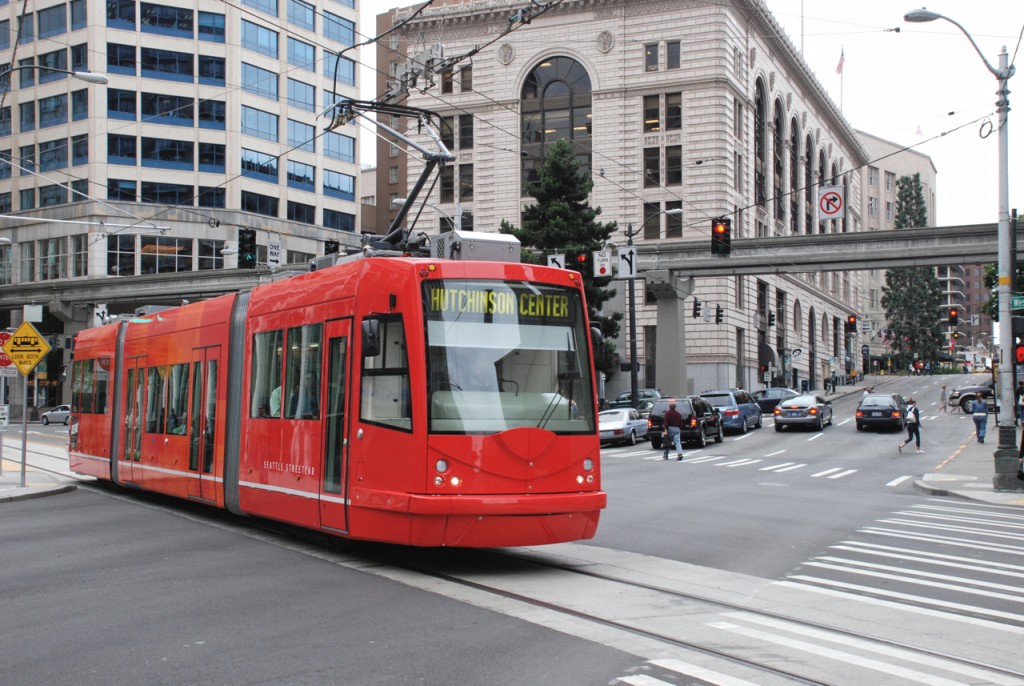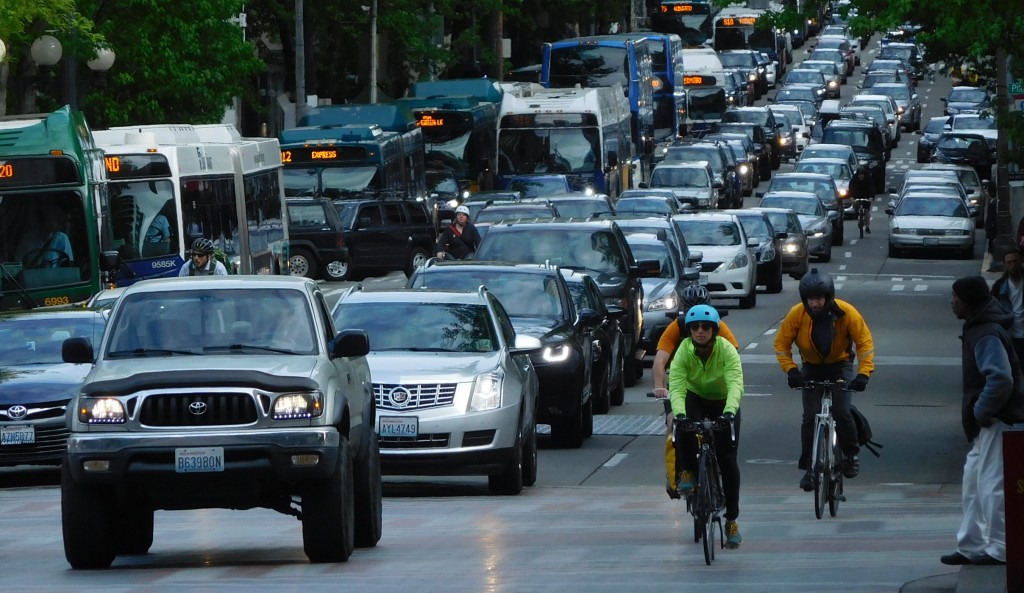In this week’s installment of City Ticker, we are taking a look at a number of recent studies that have come across our desks that might have a big impact on a number of issues currently facing Seattle and other large cities.

A study recently completed by Oxford and Southern California Universities looked at the impact that Uber specifically may be having on reducing the incidents of drunk-driving fatalities nationwide. Uber has consistently touted itself as a public-safety benefit that takes drunk drivers off the road.
To quote an Uber press release from 2014, “The data confirms the intuitive claim, backed up by countless anecdotes, that potential drunk drivers will choose other options, like rides with Uber, when they are convenient, affordable, and readily available,” referring to number crunching that was performed by Uber itself, looking at Seattle Police Department data, showing a 10% decrease in the number of DUI-related traffic stops.
But the recent scientific study (that did not come out of the “Uber newsroom”) showed that the number of Uber drivers in a metro area had no impact on the number of traffic fatalities, DUI-related fatalities specifically, or traffic fatalities that occurred on weekends and holidays. The study does suggest that the reason for no noticeable impact to have occurred is the sheer number of drivers on US roads, with an estimated 4.2 million of those drivers exceeding the legal blood-alcohol limit every month, and the fact that drunk drivers should not be assumed to be able to make rational decisions about their mode choices.
This calls into question the wisdom of departments of transportation, like Seattle’s, partnering with rideshare services like Lyft and Uber with the aim of furthering Vision Zero goals for reducing traffic fatalities. While the discounts are not directly using City funds to subsidize rides, the promotions are really the biggest public engagement activity that SDOT is conducting, apart from an ad campaign to get drivers to put their cell phones out of reach. The real work with Vision Zero is the reengineering of our roads to reduce fatalities when errors do occur. The jury is still out on whether that promotion campaign even works at all. You can read a summary of that study here.
Speaking of studies that impact the Seattle Department of Transportation, researchers at Ryerson University in collaboration with the University of British Columbia found that in a span of over a year in Toronto between 2008 and 2009, 32% of all bike crashes in that city involved streetcar tracks in some way. Toronto does boast North America’s largest streetcar network, with approximately 50 miles of tracks, compared with Seattle’s 3.8 miles currently. But as Seattle prepares to expand the streetcar network, in Downtown and on Capitol Hill, this is valuable information to keep in mind. A new streetcar line without a clear plan to accommodate cyclists is, if this study is any indication, likely going to lead to an increase in injuries to people on bikes. Read the entire study here.
Lastly is a study by the American Psychological Association, which examined the impact that air pollution might be having on the cognitive abilities of both children and adults. The study compared Mexico City children to children from a less-polluted suburb, and found that the children in Mexico City were more likely to have damaged brain tissue in the prefrontal cortex. The children from Mexico City also scored lower on tests of mental ability. That study can be found here.
This is further confirmation of the health impact that the high amount of pollution and particulate matter is having on the heath of the residents of large cities, and comes on the heels of recent studies that have shown that electric cars produce a high amount of particulate matter due to their vehicle weight. This calls into question the health impacts of simply replacing fossil fuel vehicles with heavier electric vehicles.
Ryan Packer has been writing for The Urbanist since 2015, and currently reports full-time as Contributing Editor. Their beats are transportation, land use, public space, traffic safety, and obscure community meetings. Packer has also reported for other regional outlets including BikePortland, Seattle Met, and PubliCola. They live in the Capitol Hill neighborhood of Seattle.




